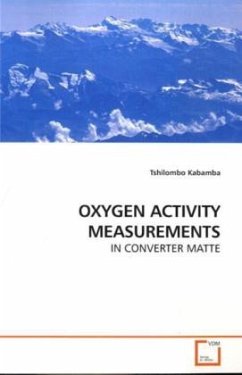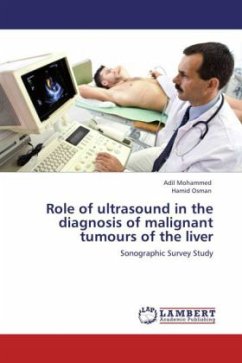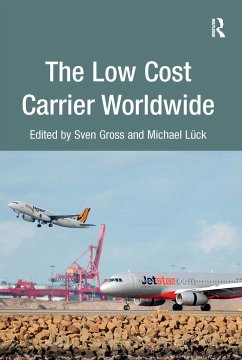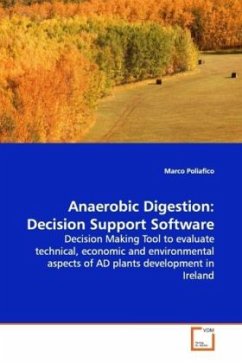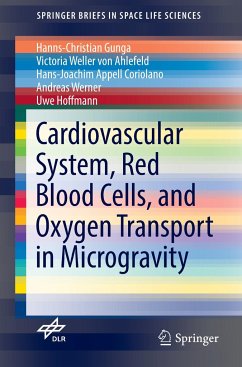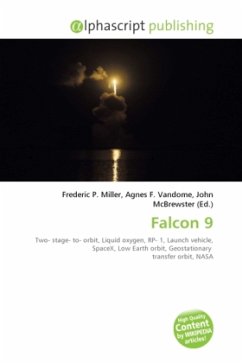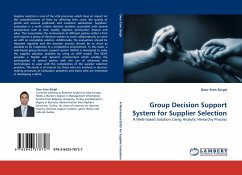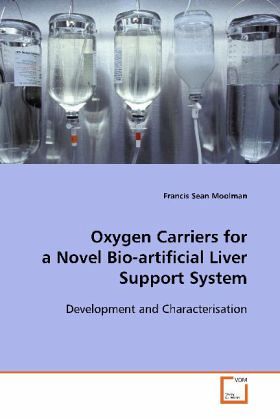
Oxygen Carriers for a Novel Bio-artificial Liver Support System
Development and Characterisation
Versandkostenfrei!
Versandfertig in 6-10 Tagen
52,99 €
inkl. MwSt.

PAYBACK Punkte
26 °P sammeln!
Acute liver failure is a devastating condition withhigher than 80% mortality. Currently the onlysuccessful treatment is orthotopic livertransplantation. The high mortality rate could bereduced if a system could be developed that couldbridge the patient either until recovery (due to theliver s well-known regeneration ability) or untiltransplantation. The CSIR and University of Pretoria(UP) have designed and developed a novelbio-artificial liver support system (BALSS) thatutilizes a perfluorooctyl bromide (PFOB) emulsion asartificial oxygen carrier. A study was carried out toinvestigate relevant...
Acute liver failure is a devastating condition with
higher than 80% mortality. Currently the only
successful treatment is orthotopic liver
transplantation. The high mortality rate could be
reduced if a system could be developed that could
bridge the patient either until recovery (due to the
liver s well-known regeneration ability) or until
transplantation. The CSIR and University of Pretoria
(UP) have designed and developed a novel
bio-artificial liver support system (BALSS) that
utilizes a perfluorooctyl bromide (PFOB) emulsion as
artificial oxygen carrier. A study was carried out to
investigate relevant aspects relating to the PFOB
emulsion, i.e. the formulation, manufacturing
procedure, stability, rheology and mass transfer
characteristics. The study results are reported in
this book, including a proposed mass transfer model
for describing oxygen mass transfer to and from the
PFOB emulsions. The model is potentially useful for
any system where PFOB emulsions are applied as oxygen
carriers.
higher than 80% mortality. Currently the only
successful treatment is orthotopic liver
transplantation. The high mortality rate could be
reduced if a system could be developed that could
bridge the patient either until recovery (due to the
liver s well-known regeneration ability) or until
transplantation. The CSIR and University of Pretoria
(UP) have designed and developed a novel
bio-artificial liver support system (BALSS) that
utilizes a perfluorooctyl bromide (PFOB) emulsion as
artificial oxygen carrier. A study was carried out to
investigate relevant aspects relating to the PFOB
emulsion, i.e. the formulation, manufacturing
procedure, stability, rheology and mass transfer
characteristics. The study results are reported in
this book, including a proposed mass transfer model
for describing oxygen mass transfer to and from the
PFOB emulsions. The model is potentially useful for
any system where PFOB emulsions are applied as oxygen
carriers.



